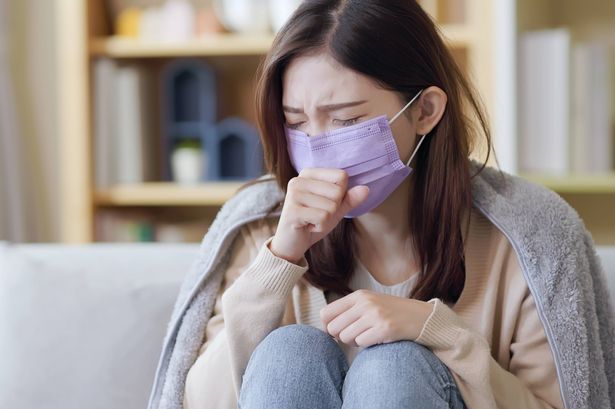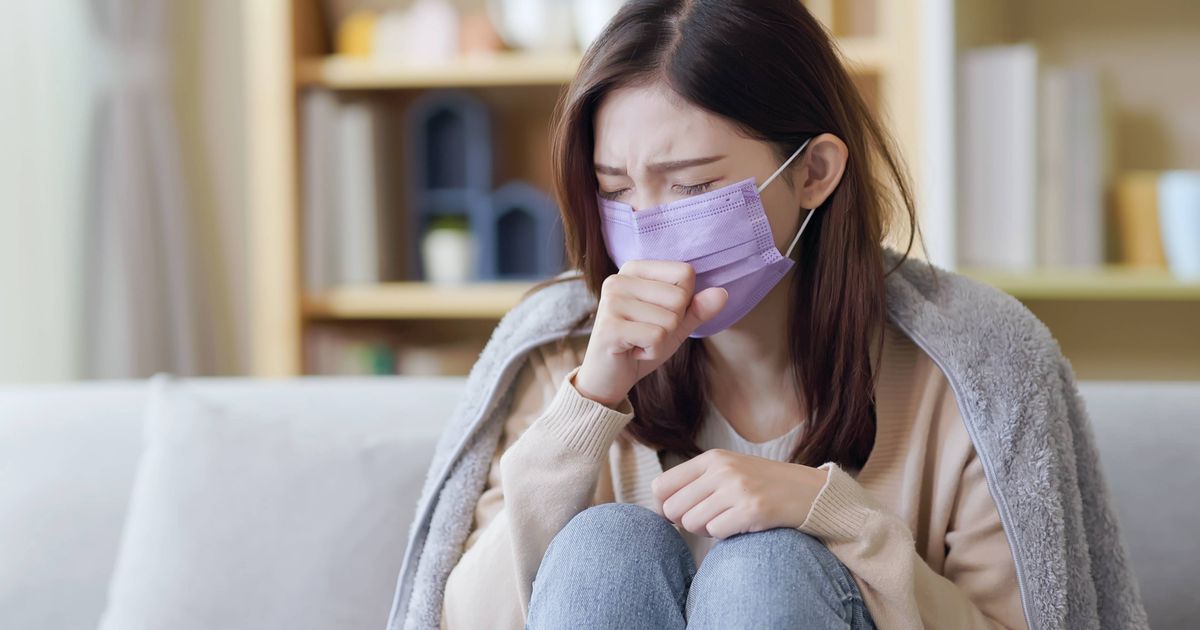A new strain of Covid has been circulating this autumn and an expert has pointed out two symptoms that has been prominent in those affected
Cally Brooks Features Writer
10:07, 04 Oct 2025
 ‘Stratus’ and ‘Nimbus’ are now the most common forms of Covid-19 (stock image)(Image: Getty)
‘Stratus’ and ‘Nimbus’ are now the most common forms of Covid-19 (stock image)(Image: Getty)
If you feel unwell with a razor-sharp throat and high temperatures, you may have caught one of the new strains of Covid that’s been circulating this autumn.
It’s been five years since the initial outbreak of Covid-19, and since then several different variants have come from it.
XFG, called Stratus by some, and NB.1.8.1, known as Nimbus, are now the most common variants being passed around throughout Ireland, the World Health Organisation (WHO) confirmed as of late September 2025, amid a recent surge in cases here.
Experts say these do not appear to pose any bigger threat than previous types of Covid or make people feel more ill.
 A razor-sharp throat and high temperatures are symptoms of the latest Covid variant(Image: Getty Images)
A razor-sharp throat and high temperatures are symptoms of the latest Covid variant(Image: Getty Images)
But recent genetic changes the virus has acquired may make infections more likely, and comes with slightly different symptoms.
Dr Kaywaan Khan, Harley Street GP and Founder of Hannah London Clinic, told The Mirror: “You can still get some of the same features as with the common cold, like a cough or runny nose, but we are seeing a lot more hoarseness of voice.
“It’s not a defining feature, you can experience this with the common cold too but with Covid, you can get a bit of laryngitis and this hoarse voice.”
This is somewhat different to symptoms from other strains. Dr Khan added: “You can get a razor sharp sore throat, but also loss of taste. It’s probably less common than the first strains but that can indicate Covid.”
 Hoarseness of voice is also a symptom of the new Covid variant (stock image)(Image: Getty Images)
Hoarseness of voice is also a symptom of the new Covid variant (stock image)(Image: Getty Images)
It is usual for viruses to evolve as they spread between people over time. When the changes become significantly different, the new virus types are known as variants.
Covid can still cause a wide range of symptoms, including headache, coughing, a blocked or running nose and exhaustion, making it difficult to distinguish from a cold or flu.
If you think you have Covid you should avoid contact with vulnerable people and stay at home if possible.
If you have symptoms and need to leave the house, advice remains that you should wear a face covering. Washing hands regularly and using and disposing tissues in bins can reduce the spread of this and other respiratory illnesses.
Dr Khan also recommends early testing for those who are more vulnerable or are immunocompromised.
He says: “With Covid, you can get antivirals, but this will only be beneficial if you get tested really early. If you are immunocompromised, or have another condition, testing can provide information to your GP and they can consider antiviral medication.”
Present vaccines remain highly effective at providing robust protection against serious disease.
The WHO stated: “It’s normal for viruses to mutate and change, and as more data becomes available on these variants we’ll have a better understanding of how they interact with our immune systems and how to optimise our protection, as well as actions we can take to keep the most vulnerable safe and live our lives as normally as possible.
“The most important thing is for those eligible to get their vaccination when it is due.”
Information on Covid vaccines in Ireland is available on the HSE website.
 Follow the 2025 presidential race every step of the way with our politics newsletter
Follow the 2025 presidential race every step of the way with our politics newsletter
The Irish Mirror will be following the Irish presidential race every step of the way. Sign up here for our politics newsletter, Party Lines, and get news, analysis and top stories from the campaign trail direct to your inbox.
For more of the latest breaking news from the Irish Mirror check out our homepage by clicking here.
